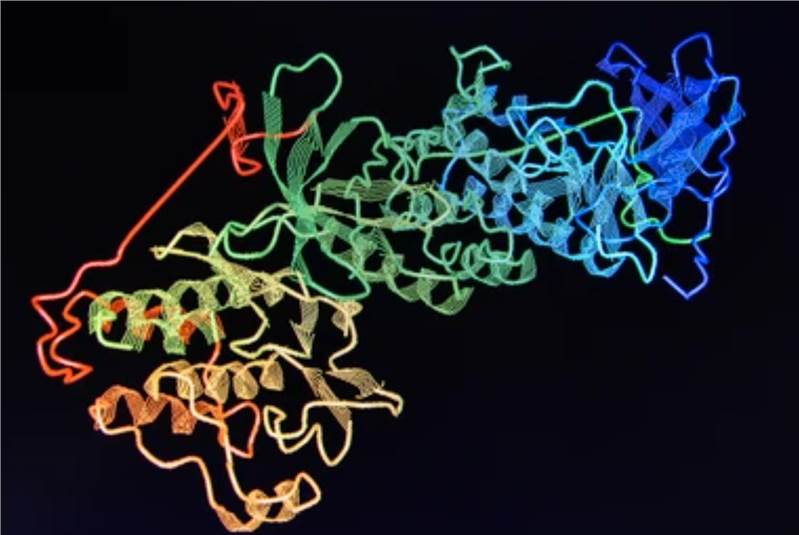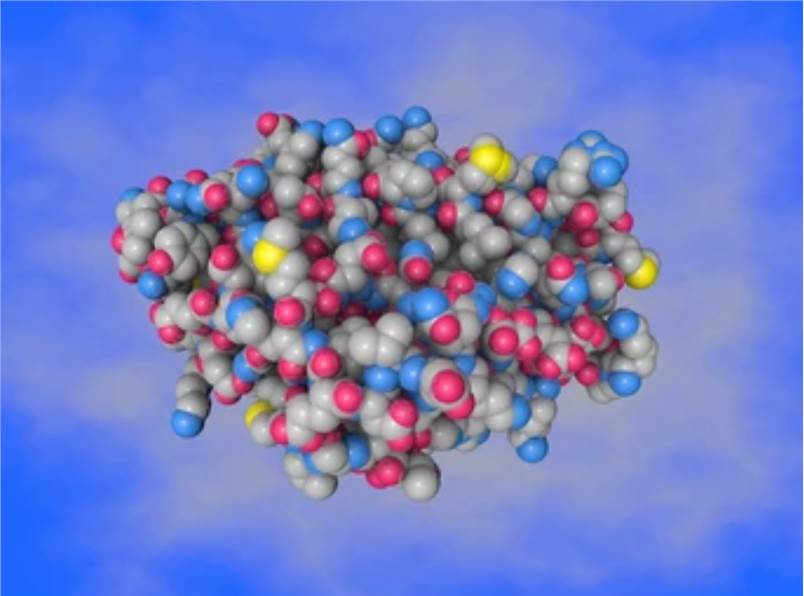Molecular docking is a theoretical simulation method for drug design based on the properties of receptors and interactions between receptors and drug molecules. Our company offers molecular docking services using leading international drug design software and excellent docking software, which helps to provide reliable output that can be combined with your target, thus simplifying the validation of computer studies with the help of molecular docking and dynamic studies. With our strength in molecular docking services, we can screen a wide range of compounds (millions of drugs).
Service Overview

Our company uses molecular docking techniques for a variety of purposes, such as protein-ligand docking, protein-protein docking, protein-nucleic acid docking, antigen-antibody docking, and protein-peptide docking. For investigating protein function, researching enzyme inhibitors and substrates, and clarifying biochemical pathways, single docking experiments are helpful. Additionally, we can forecast the 3D structure of proteins in relation to other molecules (e.g., proteins, nucleic acids, small molecule compounds, peptides) using computer-based molecular docking approaches.
Virtual screening of large databases of available chemicals can be used for lead detection and optimization. Incomparable potential for structure-based drug discovery is made possible by the seamless integration of docking programs with both upstream and downstream computational modeling techniques.
Service Content
(1) Receptor structure preparation: Construct the 3D structure of receptors by database download or homology modeling method.
(2) Drug molecule preparation: Construct 3D structures of drug molecules by crystal database download or molecular simulation methods.
(3) Pre-docking processing: Processing ligands and receptors and selecting targets.
(4) Task submission: Select the appropriate docking software and parameters for docking according to different systems.
(5) Analyze and graph the results.
Research Capabilities
Our company's molecular docking capabilities include, but are not limited to
Protein Molecular Docking
Protein docking is a tool for predicting mutual recognition and interactions between proteins. We can implement protein docking calculations using Protein-DOCK, a rigid protein docking algorithm based on fast Fourier transform correlation techniques.
RDOCK is a CHARM-based energy optimization process for optimizing the binding conformations of protein-protein complexes found by Protein-DOCK and scoring these binding conformations using an energy scoring function.
Protein - Nucleic Acid docking
We study protein-nucleic acid docking by building theoretical models of complex structures at atomic detail that can generate enough information to build working hypotheses and guide further experimental analysis to identify significant amino acid or nucleotide residues.
For our molecular docking services, we employ a range of software tools. The general process involves rigid body global search and generation of geometrically plausible protein-nucleic acid complex structures, where user-defined constraints can be applied to limit the search space.
Protein - Ligand Docking
Computational docking studies are widely used to study protein-ligand interactions and for drug discovery and development. It can be used to predict the binding conformation and free energy of a ligand bound to a molecular target. Typically, the process starts with a target of known structure and then uses a docking study to predict the binding conformation and binding free energy of the small molecule to the target.

We follow the Molecular Docking Service protocol, which covers docking and virtual screening methods, including basic docking of drug molecules to specific targets - such as an anti-cancer target that docks to a virtual screen of a large ligand library, selective receptor flexibility, active site prediction, or protein pockets, and explicit hydration.
If you are looking for smarter, higher quality solutions that incorporate best practices, please feel free to contact us.
Related Services
It should be noted that our service is only used for research, not for clinical use.


